Fon Fongum Gorji-Dinka
By an Ambazonian Patriot
June 28, 2025
Where the Story Begins
Long ago, before most of us were born, there was a territory in Africa called British Cameroons. After World War I, the League of Nations handed this land to the British to manage. The British didn’t rule it like one big place—they split it into two parts: the Northern Cameroons, which was more inland and dry, and the Southern Cameroons, which stretched to the coast and included places like Buea, Victoria, and Kumba.
These two areas weren’t part of Nigeria or La République du Cameroun at first. They were under British trusteeship. But in 1961, something important happened: the United Nations organized a vote. People in Northern Cameroons chose to join Nigeria. That part of the territory became part of Nigeria and disappeared from the Cameroonian map.
But people in Southern Cameroons made a different choice. Unable to have its own independence as a third choice, they voted to join French-speaking La République du Cameroun—but only as equals in a federation, not as a province or under anyone’s control.
The Disappearance of Our Name
For a while, the union seemed to work. Southern Cameroons became known as West Cameroon, and La République du Cameroun became East Cameroon.
There was a federal government, and both sides were supposed to run their own affairs.
But in 1972, something terrible happened. The president in Yaoundé, Ahmadou Ahidjo, held a referendum that ended the federation completely. Without asking our people for proper consent, he made the whole country a unitary state and erased the two-state structure. Our West Cameroon identity was deleted overnight.
Then came the real trick: the name game.
The French-backed regime began renaming everything. West Cameroon was renamed West Province. Southern Cameroons was divided into North West and South West provinces. To make things even more confusing, they created a South Province within their own French-speaking territory.
Suddenly, when people said “Southern Cameroons,” outsiders assumed it meant the southern part of La République du Cameroun. Even some journalists and UN officials started saying that the “southern part of Cameroon wants to secede.” That was never true. We were not the southern part of their country—we were a separate people with a distinct history and international status. But because our name sounded like a direction instead of a country, the confusion spread.
A New Name, Rooted in Truth.
This is where one of our heroes stepped in. In the early 1980s, Fon Fongum Gorji-Dinka, a lawyer and traditional ruler, realized that we needed a name the enemy couldn’t twist. He looked back into our own geography and found inspiration in Ambas Bay, the beautiful coast where the first Baptist missionaries landed and treaties were signed.
From that name, he coined “Ambazonia.” And just like that, the story began to change.
Ambazonia was not just a new word. It was powerful because:
• It couldn’t be copied or distorted by Yaoundé.
• It connected us to our land and our history.
• It gave all our people—at home and in the diaspora—one name to rally behind.
It was like shedding the name forced on us and reclaiming who we truly are.
Why We Still Say “Southern Cameroons (Ambazonia)”
Today, we use both names together: Federal Republic of Southern Cameroons (Ambazonia). Some ask why we haven’t just dropped the old name altogether. The answer is simple.
“Southern Cameroons” connects us to our legal foundation. It reminds the world that we were a UN Trust Territory—a people who had the right to decide their future. It tells the story of the 1961 plebiscite, of our vote, and of the promises that were broken.
“Ambazonia” shows who we are now—awake, united, and no longer trapped in names that serve our oppressors. Together, the two names declare: we are the same people, but wiser now, and ready to take back what is ours.
The Man Leading This Vision
Dr. Samuel Ikome Sako is the current President of the Federal Republic of Southern Cameroons (Ambazonia). He was chosen by the people and endorsed by our governing council. He did not just take up a title—he accepted the responsibility of defending our identity and statehood.
Under his leadership, we speak with one voice. Whether in front of the UN, the African Union, or any courtroom in the world, our representatives now say the full name with pride. And through this name, we are building the foundation for our eventual freedom.
A Message to the SCNC and All Southern Cameroonians.
Many of our elders in the SCNC fought for years using the name “Southern Cameroons.” We respect and honour their efforts. But we must now understand that sticking only to that name leaves room for manipulation.
Ambazonia protects us from those who would call us a “South Province” or a “region” of their country. It closes the doors to lies and opens the door to recognition.
That’s why it’s not a betrayal of our past. It’s the fulfilment of it.
Why Names Matter in the Fight for Freedom
Names are powerful. They shape how others see us, and how we see ourselves.
As long as we let the coloniser choose what to call us, we remain in their story. But when we say Ambazonia, we force the world to ask real questions:
“Where did this name come from? What happened to these people? Why are they still fighting?”
And that’s where the truth shines.
We are not trying to secede. We are not a southern province. We are a people—once free, betrayed, and now rising.
The Journey Ahead
We started as British Southern Cameroons, a trust territory with dignity and rights. We were betrayed and renamed to confuse us. But we refused to stay confused.
Now we rise as Ambazonians, not just in name, but in spirit.
We know who we are.
We know where we come from.
And now, we march together toward where we belong—among the nations of the world.















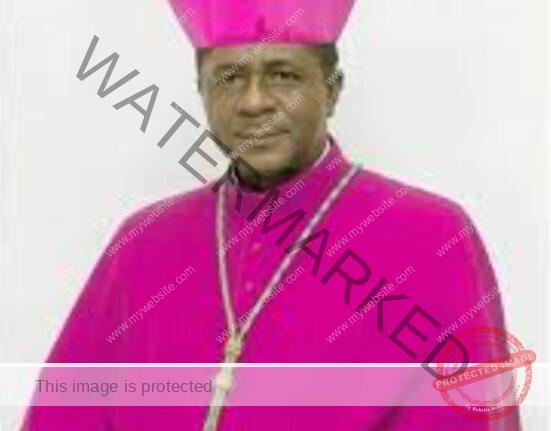
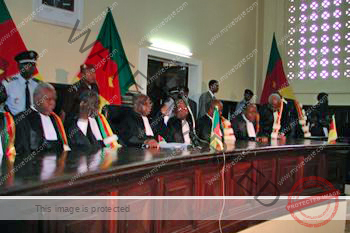
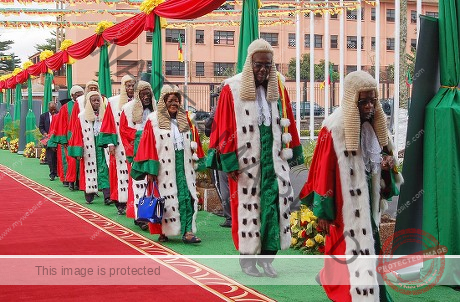
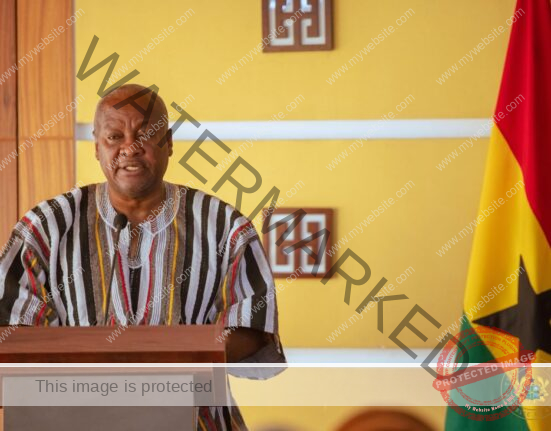
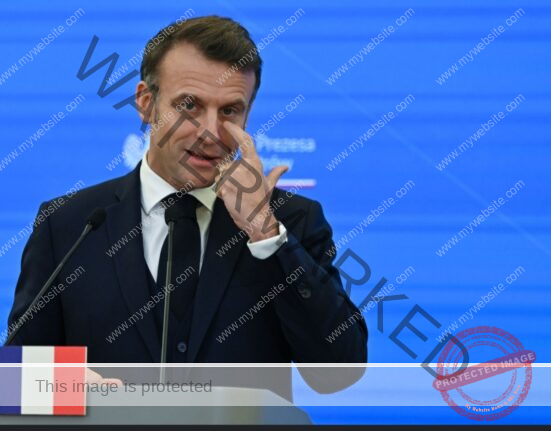

Leave feedback about this